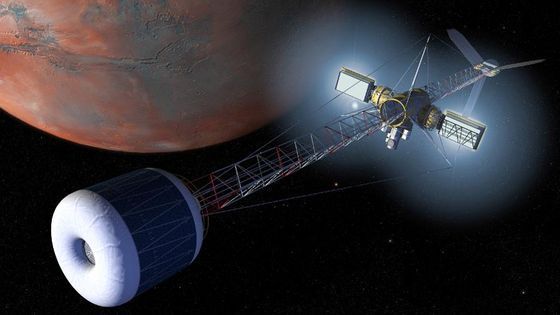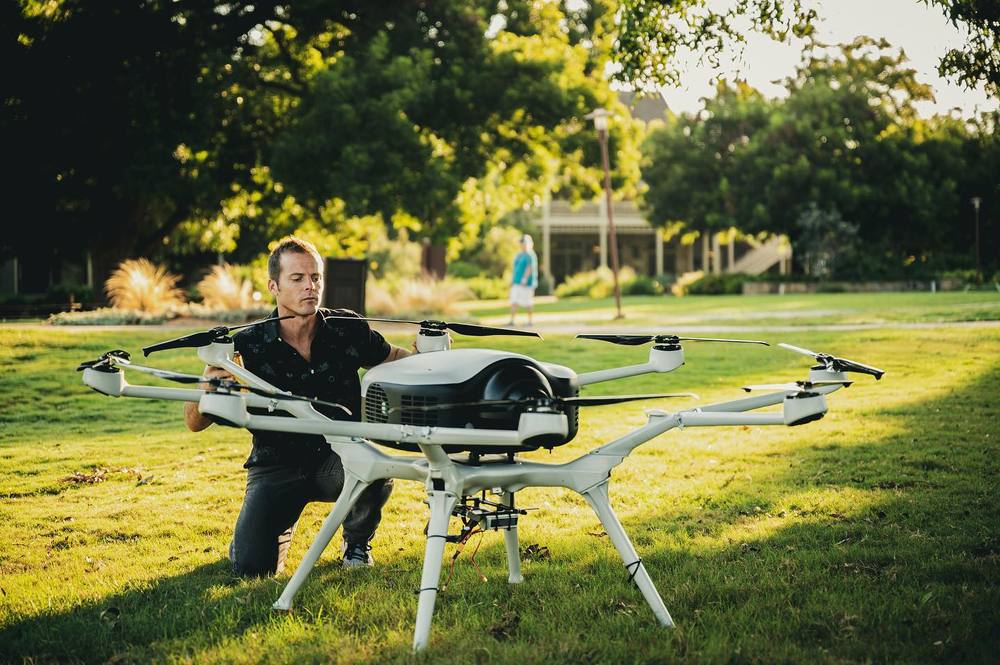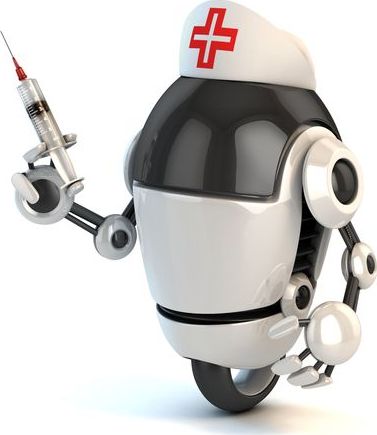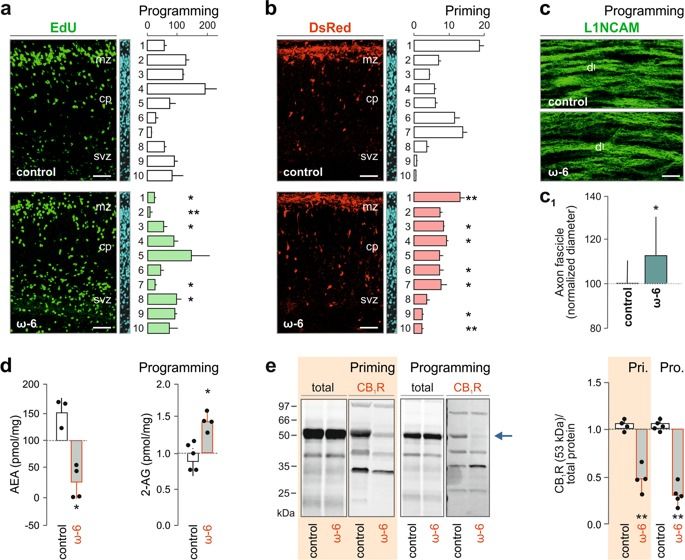Nov 18, 2019
“Surprising” new insights into link between gut microbiome and aging
Posted by Paul Battista in categories: biotech/medical, life extension, neuroscience
A new study is suggesting a metabolite produced by gut microbes could increase neuron production in the brain, improve intestinal function, and ultimately slow the aging process. Across several compelling mouse experiments the research found the negative effects of aging could be counteracted by enhanced microbial production of a molecule called butyrate.
Investigating the effect of the gut microbiome on aging, the new research first performed gut microbiome transplants between old and young mice. Using fecal transplants, young germ-free mice were colonized with the gut microbiota of older mice. The results were somewhat unexpected as the younger mice colonized with the older microbiomes displayed increased neurogenesis, a process whereby new neurons are produced in the brain.
“We’ve found that microbes collected from an old mouse have the capacity to support neural growth in a younger mouse,” explains Sven Pettersson, lead on the research team from Nanyang Technological University in Singapore. “This is a surprising and very interesting observation…”

















